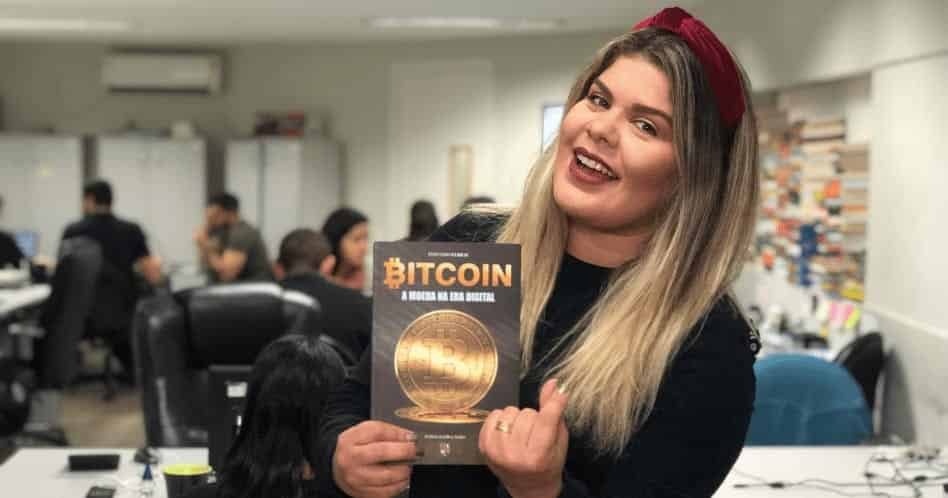
Bitcoin: A Moeda na Era Digital - Fernando Ulrich
Develop here your entrepreneurial spirit with important points about the economy. Broaden your business vision and understand that Bitcoins profitability can be much higher than you think.
Choose language:
